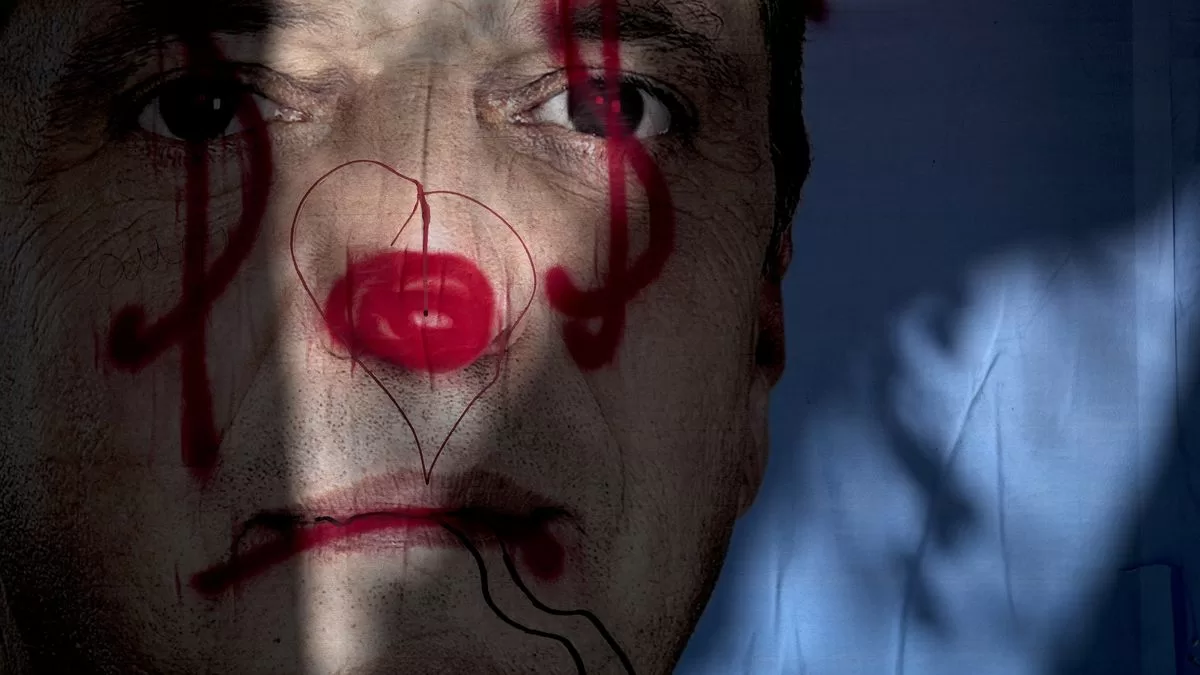“Surely many will feel that there is a specific gap in their lives that the government has made and does not allow them to go towards the future that they want,” reflected the spokeswoman for the presidency, Gabriela Cerruti, on Thursday at a press conference. “We particularly apologize to them for not having managed to reach that place in their lives where they do not feel represented by government policies.”
With the Minister of Economy, Sergio Massa, as a pre-candidate, Peronism and its allies -under the name Unión por la Patria- reached 27% of the votes in the open, simultaneous and mandatory primaries on Sunday in which I know they defined the candidates for the general elections on October 22.
The far-right Javier Milei, from La Libertad Avanza, was the most voted with 30%, mostly by Argentines who were disenchanted with the traditional political class due to their inability to control inflation and insecurity. Meanwhile, the conservative coalition Together for Change, which consecrated former Security Minister Patricia Bullrich as its candidate, was the second force with 28%.
“Surely there are many things that were done wrong and that we still have time to change,” reflected Cerruti.
For a candidate to win in the first round, they must obtain 45% of the votes or at least 40% and have a difference of 10 or more percentage points over the second most voted. If these figures are not reached, the two most voted applicants will go to a ballot on November 19.
The surprise over Milei’s victory and the uncertainty over the October result generated panic in the markets that were betting on more moderate candidates. The government on Monday devalued the currency by about 20% and raised the interest rate to 118% a year, in addition to tightening exchange controls.
In turn, the dollar in the informal market – to which savers go due to the government’s limitations to acquire foreign currency – traded on Thursday at 760 pesos per unit compared to 605 on the Friday before the election.
The rise in prices was immediate and analysts predict that inflation could reach double digits in August after 6.3% in July. The cost of living accumulated a variation of 60.2% in the first seven months of the year and in the interannual comparison the increase reached 113.4%, one of the highest rates in the world.
More inflation will also impact poverty levels, which are around 40%.
Cerruti responded with an emphatic “no” when asked if President Fernández, who did not seek re-election, was considering handing over power earlier, scheduled for December 10, given the complexity of the economic scenario.
“We have to work long and hard between now and October to be able to represent those who want a different country,” said the official.
The spokeswoman ruled out a new devaluation and confirmed that the government is preparing a package of measures that it will announce shortly “so that this correction in the price of the dollar does not influence prices.” Without giving details, she announced that a new price agreement for food, beverages and cleaning products, among others, will be launched. The companies that adhere will have tax benefits.
The government is also working on monetary “reliefs” or fixed amounts for formal and informal workers, retirees and beneficiaries of social plans to alleviate the loss of purchasing power. The amount was not disclosed.
FOUNTAIN: Associated Press



